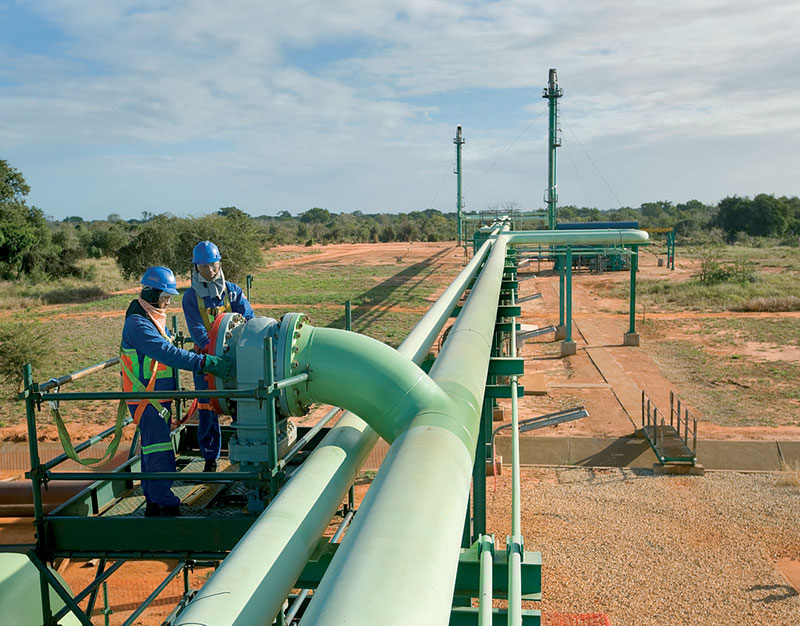Clean Energy, Maas Energy Partner to Build Nine RNG Dairy Facilities Across Seven States
(P&GJ) — Clean Energy Fuels and Maas Energy Works have announced a new joint development agreement to build nine renewable natural gas (RNG) production facilities at dairy farms across seven states.
This new endeavor will include dairies located in Colorado, South Dakota, Georgia, Florida, Iowa, Nebraska and New Mexico, and will collect the manure from a combined herd size of approximately 35,000 cows preventing the methane emissions from entering the atmosphere.
The nine projects, each subject to finalizing diligence before beginning construction, are expected to be completed in 2026 and will produce up to an estimated 4 million gallons of ultra-clean RNG annually, a negative carbon-intensity transportation fuel which will make its way into Clean Energy’s nationwide network of RNG stations.
Industry pioneer Maas Energy Works has completed over 60 dairy digester projects over the past decade. The team specializes in lagoon cover digesters which involve a large tarp over a manure lagoon to capture the methane emissions. This process makes these facilities significantly less expensive to build and operate compared to tank digesters seen at other RNG plants. Financed by Clean Energy, the nine sites are forecasted to cost approximately $130 million in total.
“This JV brings together expertise from a seasoned RNG developer and producer and Clean Energy’s extensive RNG distribution network and growing RNG customer base. We are excited to continue our long working relationship with the team at Maas Energy Works to get these facilities online and producing pipeline quality RNG to help supply our transportation fleet customers with clean fuel to help them meet their sustainability goals,” said Clay Corbus, senior vice president at Clean Energy.
“This joint venture is clear proof that family farms paired with private businesses are an unstopped force in achieving decarbonization. If the markets for renewable fuels are clear and consistent, then American’s biogas industry will deliver. We will soon be capturing fugitive manure emissions and turning them into carbon-negative truck fuel with our partners at Clean Energy," said Daryl Maas, CEO of Maas Energy Works.
Agriculture accounts for nearly 10 percent of U.S. GHG emissions and the transportation sector accounts for another 28%, according to the U.S. Environmental Protection Agency. Capturing methane from farm waste lowers these emissions. RNG, produced by that captured methane and used as a transportation fuel, significantly lowers GHG emissions on a lifecycle basis when compared to diesel. This allows RNG to be one of the only fuels to receive a negative carbon-intensity score based on the reduction of emissions at the source and at the vehicle.
Related News
Related News

- Kinder Morgan Proposes 290-Mile Gas Pipeline Expansion Spanning Three States
- Enbridge Plans 86-Mile Pipeline Expansion, Bringing 850 Workers to Northern B.C.
- Intensity, Rainbow Energy to Build 344-Mile Gas Pipeline Across North Dakota
- U.S. Moves to Block Enterprise Products’ Exports to China Over Security Risk
- Court Ruling Allows MVP’s $500 Million Southgate Pipeline Extension to Proceed
- U.S. Pipeline Expansion to Add 99 Bcf/d, Mostly for LNG Export, Report Finds
- A Systematic Approach To Ensuring Pipeline Integrity
- 275-Mile Texas-to-Oklahoma Gas Pipeline Enters Open Season
- LNG Canada Start-Up Fails to Lift Gas Prices Amid Supply Glut
- TC Energy’s North Baja Pipeline Expansion Brings Mexico Closer to LNG Exports





Comments